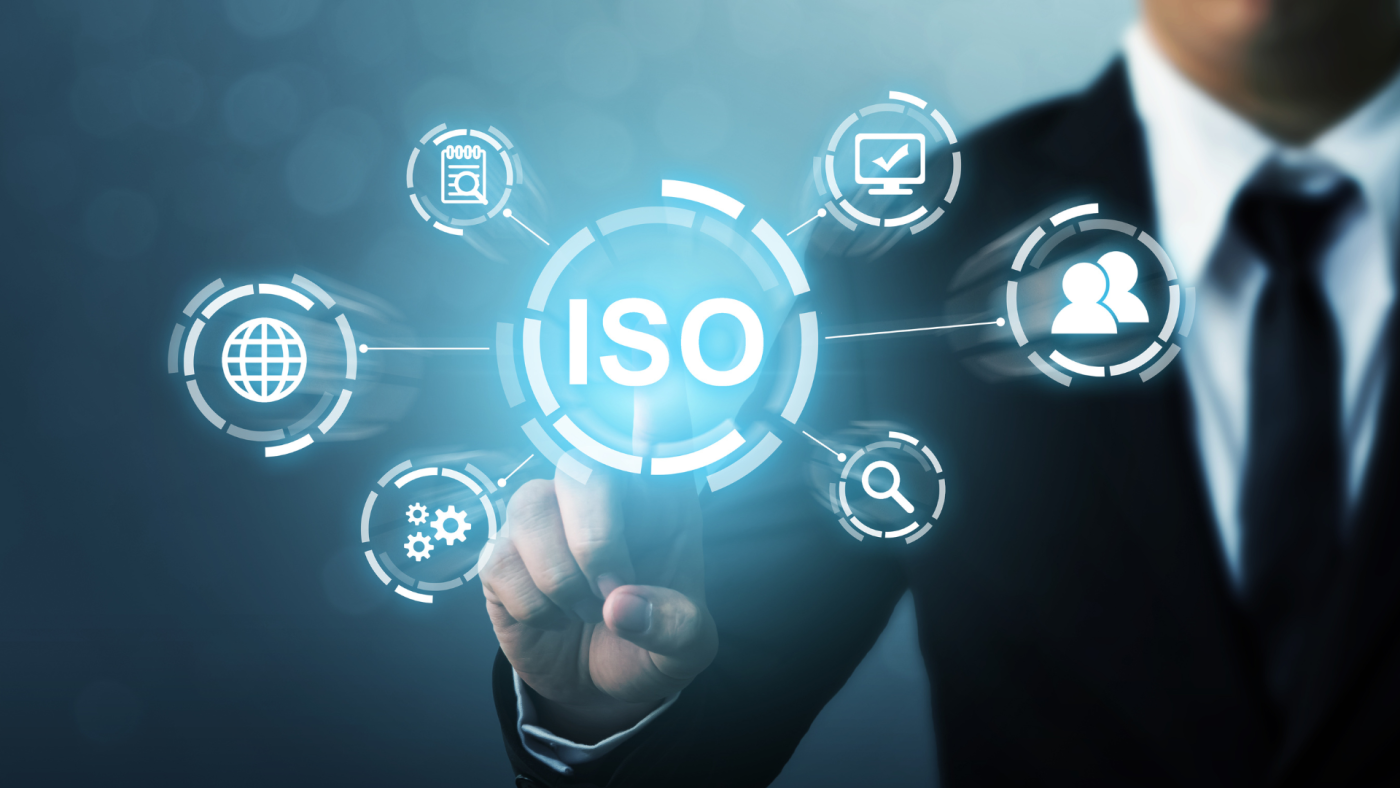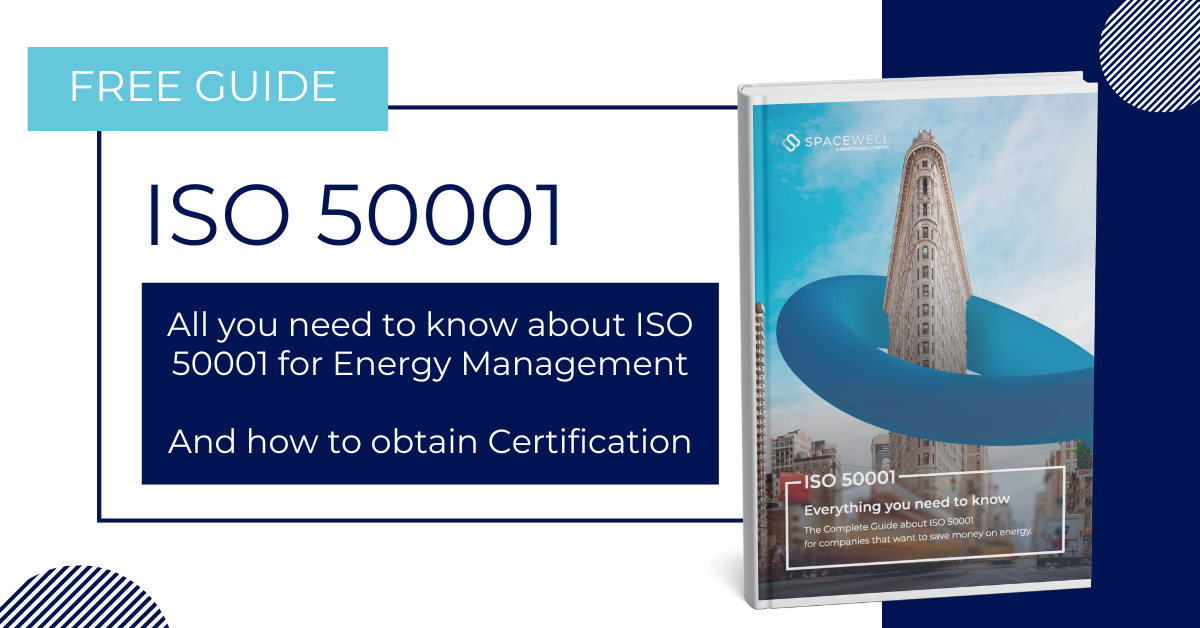It is normal for energy professionals to feel uncertain as they take their first steps towards implementing standardised processes, particularly ISO 50001 certification. To dispel any doubts you may have, and to help you to implement ISO 50001 in your organisation or your client’s, we have published a free downloadable guide on exactly this topic: The Complete Guide to ISO 50001 for Energy Management Systems.
The Role of Certification in Energy Efficiency
The ongoing changes in regulation pertaining to energy efficiency in countries like the United Kingdom, Germany, Spain and even the US have cast light on an important topic in the world of energy management: certification and continuous improvement.
In recent years energy managers have found themselves faced with questions from clients regarding compliance with standard regulations, and one of the recurring questions is how Energy Management Systems (EMS) can be follow quality standards and be certified to ensure that they comply with the law.
There’s no denying that regulation is one of the main motives when it comes to obtaining certification. If we take the example of ISO 50001 certification, Germany was the country with more ISO 50001 certificates in the world up until 2020. They still hold the 2nd position, now overtaken by China. In Europe, Germany is still first, followed by Spain, Italy, France and the UK.
However, when you ask energy managers why they choose to seek to obtain ISO 50001 certification, legal compliance is only one of their objectives. There are motives for doing so that are perhaps much more pertinent than avoiding a fine :
- Obtaining a coherent and comprehensive Energy Management System, that incorporates all areas of the building, factory or business
- Clarifying, and being able to rely on, processes that guarantee energy conservation, and continuous surveillance of the possible errors or problems within these processes
Including, although to a lesser degree of importance, the fact that it can be beneficial for the image of the brand or company that chooses to obtain certification.
Therefore, the role of certification is an important one in the world of energy efficiency and, as a result, obtaining energy certification such as ISO 50001 is an important step within an energy plan.
It is a step that entails changes in company processes, that perhaps requires new technologies (from meters to advanced energy analysis tools). And, much more importantly, that implies a greater level of participation from the part of the managerial body in the company’s energy plan.
In order to help you take this step, we have created the Complete Guide to ISO 50001 to help you understand the process, what is evaluated, and how you can obtain your certification.
ISO 50001: The Guide for the Energy Manager
This standard can help to obtain certification for your EMS. The ISO (International Standards Organization) published it in 2011 and since then it has seen rising importance as a methodology to help launch and maintain energy optimisation.
In spite of the market penetration of this certification, the implementation of this methodology is still a source of uncertainty for many, in particular for energy professionals who are faced with the prospect of applying this for the first time. Some of their questions are :
- What is ISO 50001, how can it benefit my company (or my client)?
- How do I begin?
- What will I need?
- How much will it cost?
Our guide, which you can download for free here, answers these questions and many more.
This guide fulfils the requirements of intermediate users in the energy sector, but can also be shared with non-experts. It will help them to understand what ISO 50001 is, why we would recommend implementing it and to have a global vision of what the implementation of such a project would entail.
We have also been able to rely on energy sector experts in the making of this guide, including, amongst others :
- Alex Ciurana, director of Energy and Sustainability in our partner PGI group, who has implemented various ISO 50001 processes
- Alfons Pratsevall, an expert author on all things energy management
Therefore this guide can offer you insight into expert experiences and opinions, taken from real experiences working with ISO 50001.
Ready to download?




